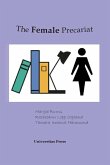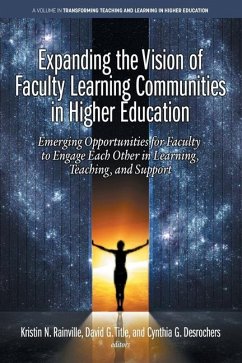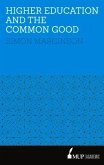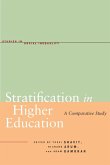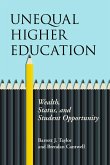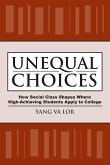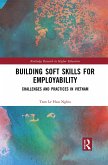This collection aims to be inclusive and representative of the journey of precarity for those in higher education in Canada. As such, it includes reflections and articles from those who have taught in post-secondary education from across Canada, as well as representation not just from those who teach but also those who have experienced the precarity of higher education either from the position of union organizers or as students in the higher education system. The texts are both in the form of critical engagement with the academic discourse and research as well as reflective memoirs on experiences of educational precarity from numerous social locations. Amber Riaz provides many effective strategies for alleviating precarious hiring practices in higher education in Canada, while simultaneously outlining the biased and inequitable practices in hiring. Michelle Majeed highlights the trend in Canadian higher education of personal and health distress experienced by students and faculty and how that intersects with precarious employment. Veronica Austen speaks from the position of someone who was once precariously employed for many years and has now secured a tenured position. Gayle McFadden speaks of precarity as witnessed as both a student, and as a student representative. Pheobe Anderson outlines a journey from a life of precarity to an educational experience of precarity. Cristina Artenie explores a forgotten precarious category: immigrant scholars with Canadian graduate credentials. Ann Gagné looks into what can be done to encourage continued dialogue and a more equitable and accessible educational environment.

